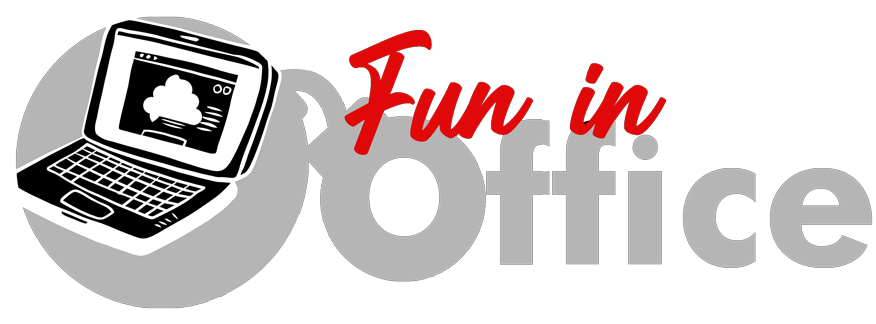Being a freelancer or an entrepreneur can be both rewarding and challenging. You have the freedom to work on your own terms, but you also have to deal with the uncertainty of income, expenses, taxes, and cash flow. How can you manage your finances and budget effectively as a self-employed professional? Here are some tips to help you master your money and achieve your financial goals.
Track Your Income and Expenses

The first step to managing your finances is to know how much money you are making and spending. You need to track your income and expenses regularly, preferably on a monthly basis. This will help you to see where your money is going, identify any patterns or trends, and plan ahead for future needs.
You can use a spreadsheet, an app, or a software to record your income and expenses. Make sure to categorize your expenses into different types, such as business, personal, fixed, and variable. This will help you to analyze your spending habits and find ways to save money.
Create a Budget

A budget is a plan for how you will spend your money based on your income and expenses. A budget can help you to control your spending, save for emergencies, invest for the future, and achieve your financial goals.
To create a budget, you need to estimate your income and expenses for a given period, such as a month or a year. Then, you need to allocate your income to different categories of expenses, such as rent, utilities, food, transportation, entertainment, etc. You can use the 50/30/20 rule as a guideline, which suggests that you spend 50% of your income on needs, 30% on wants, and 20% on savings and debt repayment.
You can use a spreadsheet, an app, or a software to create and monitor your budget. Make sure to review your budget regularly and adjust it as needed.
Set Aside Money for Taxes

One of the challenges of being a freelancer or an entrepreneur is that you have to pay taxes on your own, unlike employees who have taxes withheld from their paychecks. You need to set aside money for taxes every time you receive income, otherwise you may face a large tax bill at the end of the year.
You can use a tax calculator, an app, or a software to estimate how much taxes you owe based on your income and expenses. You can also consult a tax professional for advice. You should save at least 25% to 30% of your income for taxes, depending on your tax bracket and deductions.
You should also pay your taxes quarterly, rather than annually, to avoid penalties and interest. You can use the IRS Form 1040-ES to calculate and pay your estimated taxes.
Build an Emergency Fund

An emergency fund is a savings account that you can use to cover unexpected expenses, such as medical bills, car repairs, or loss of income. Having an emergency fund can help you to avoid debt, stress, and financial hardship.
You should aim to save at least three to six months’ worth of living expenses in your emergency fund. You can start by saving a small amount every month, such as $100 or $200, until you reach your goal. You can use a savings account, a money market account, or a high-yield online account to store your emergency fund. You should only use your emergency fund for true emergencies, and replenish it as soon as possible.
Invest for the Future

Investing is the process of putting your money to work for you, so that it can grow over time and help you achieve your long-term financial goals, such as retirement, education, or buying a home. Investing can also help you to beat inflation, diversify your income, and reduce your taxes.
You can invest your money in different types of assets, such as stocks, bonds, mutual funds, exchange-traded funds, real estate, etc. You can also use different types of accounts, such as a retirement account, a brokerage account, or a robo-advisor account, to invest your money.
You should invest according to your risk tolerance, time horizon, and financial goals. You should also diversify your portfolio, rebalance it periodically, and keep your fees and taxes low.
In conclusion, managing your finances and budget as a freelancer or an entrepreneur can be challenging, but it can also be rewarding. By following these tips, you can master your money and achieve your financial goals. Remember, you are not alone in this journey. You can always seek help from professionals, such as accountants, financial planners, or coaches, to guide you along the way. Happy freelancing!
Entrepreneur Finances as a Freelancer or Entrepreneur Financial Success Freelancer Office Work
Last modified: December 13, 2023





















